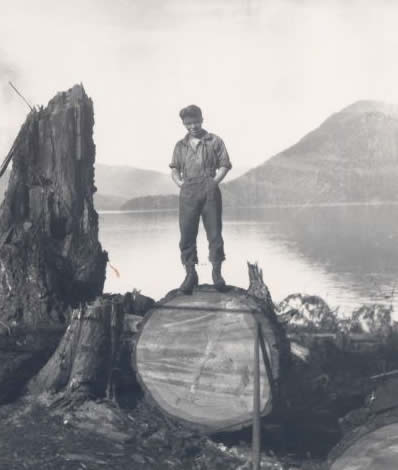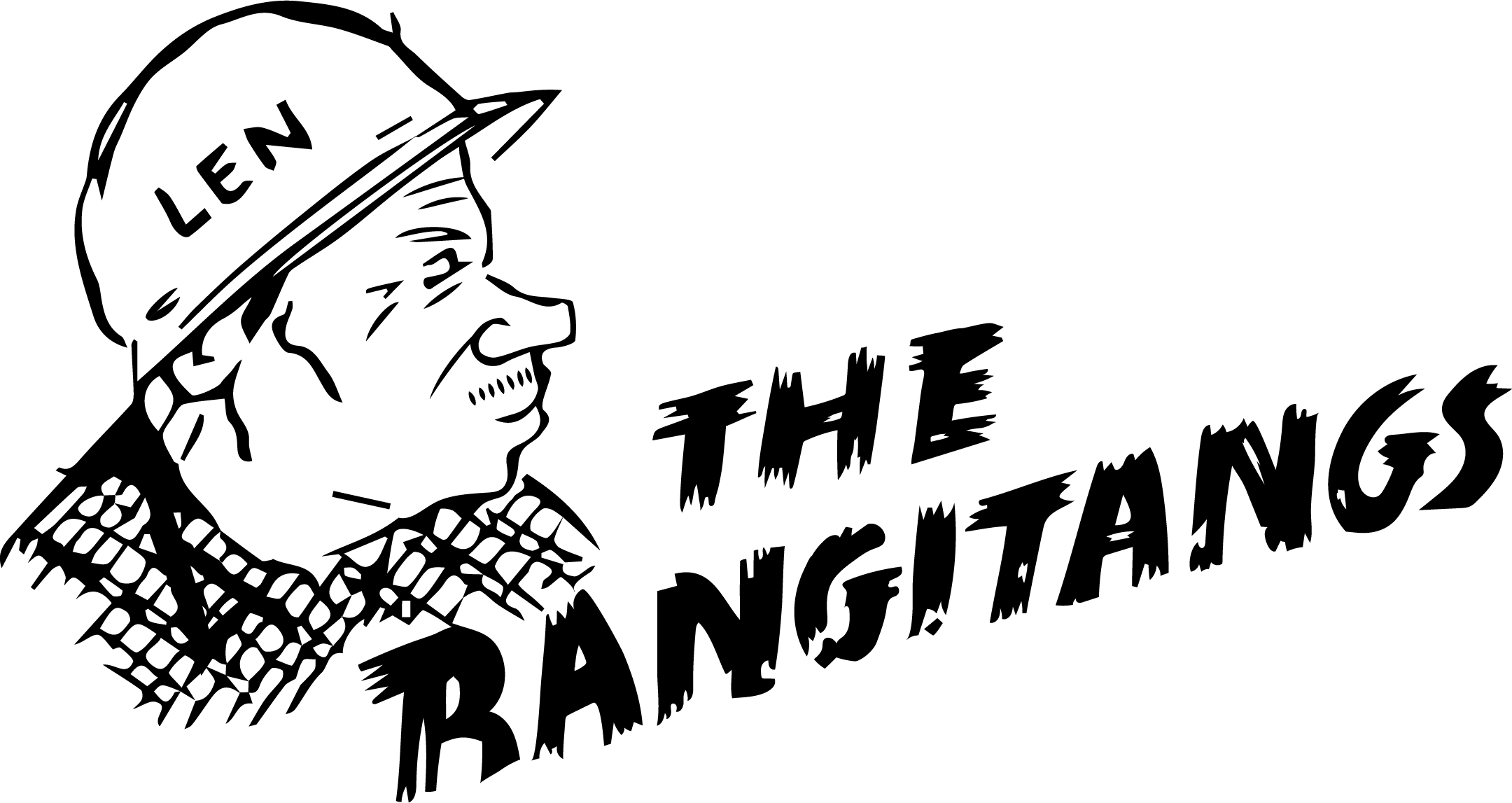
The Artist
Leonard George Whalen was born in Vancouver, B.C in 1911, the son and nephew of four brothers who together owned and operated the mills of Whalen Pulp & Paper Company.
Life in the logging camps of B.C. in the 20’s and 30’s, as well as periods working as a truck swamper or deck hand on the company's tugboats, would provide both a livelihood and artistic inspiration for Len Whalen.
The result of this unique experience was the Rangitang Collection: 26 canvases depicting the daily life of the West Coast logger from the early 1900s through the 60's. Produced by Whalen over a 15 year span from 1972 to 1989, the paintings portray an existence and industry that has long since disappeared, supplanted by technology, automation and global corporations.
In addition to these canvases, Whalen's work includes a collection of cartoons that provide a humorous look at the inhabitants of the BC logging communities. These cartoons appeared in the Vancouver Sun in the series titled "B.C. Rangitangs" as well as most BC coastal weekly newspapers, IWA and industry publications.
Len Whalen’s cartoons also appeared in Macleans, Saturday Night and other north American publications. Len also worked with the HiBaller magazine from it’s founding in 1949 until the mid 80’s and his cartoons and illustrations were used by many industry advertisers for over 40 years.
Left: One of the most recent photos taken of whalen before his passing

From 1973 to the time of his passing in 1989, Whalen lived in White Rock, B.C., many miles from the camps he grew up in and close to the ocean that had been Whalen's first source of inspiration. During this period Len produced oil paintings, charcoal studies and watercolours inspired by the beauty of the west coast. These have been exhibited in small art galleries throughout B.C.
The Rangitang collection is evidence of Whalen's respect for his fellow workers – the common man upon whom many early 20th century industries were built. It is a respect that would be apparent in his reluctance, years later, to exhibit in any gallery where the pricing would put a painting beyond the reach of the very people whose stories and lives were the current running through the work. The paintings are a reflection of Whalen's respect for the men he shared so much with and for the life they lived. So, too, are they a reflection of the hardships he faced, and his own dignity, strength and good humor.
Right: Whalen in his 20s, stands atop a fresh Cedar on the coast of B.C
Read About "The Life"
